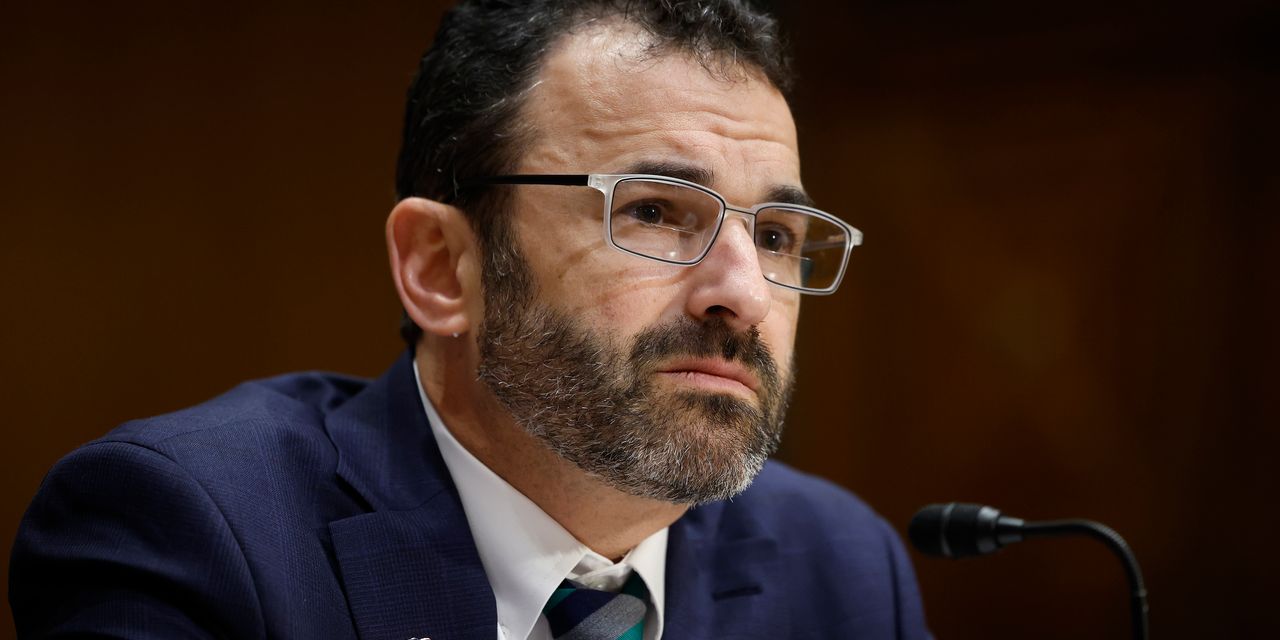The Internal Revenue Service is starting to put more heat on high-earning tax scofflaws, months into upgrades to the tax agency’s enforcement and operations.
The IRS has resolved approximately 175 tax-delinquency cases against millionaires in the past few months, and it has raked in $38 million in back taxes, Commissioner Danny Werfel said late Thursday.
“These are just wealthy people that owed tax debts and weren’t paying them back,” he said.
It’s also just the start, he said.
“We’re going to continue to go after delinquent millionaires as we ramp up enforcement capacity through the Inflation Reduction Act,” he told reporters in a briefing to highlight some of the early gains from the legislation that is just starting to get put to work.
The tax agency also has its eyes on wealthy households who claim residence in Puerto Rico for potential tax breaks without real residency there, Werfel said.
Another target is attempting to spot rich taxpayers who may be using treaty rules between the U.S. and Malta to wrongly claim exemptions, he added.
“The IRS of today is laser-focused on holding our highest-wealth filers, millionaires and billionaires, accountable for what they owe,” he said. In recent years, audit rates have trailed down for all households, but some of the sharpest decreases came at the top, one watchdog report found.
There’s a gap between taxes owed and taxes paid that could run as high as $1 trillion a year, according to a 2021 estimate from Werfel’s predecessor, former commissioner Charles Rettig.
The Inflation Reduction Act passed last August and earmarked $80 billion over a decade to the IRS for more enforcement against rich taxpayers and corporations, along with improvements for IRS customer service and operations. The Biden administration has pledged that people making less than $400,000 will not see higher audit rates than before.
The bill passed when Democrats controlled the House of Representatives and the Senate. Republicans have long criticized the $80 billion sum, who say it is wasteful — and they aren’t convinced the money really will not result in more audits for everyday Americans.
A legislative deal in late May to raise the debt ceiling immediately pulled back $1.4 billion from the $80 billion sum, and another $20 billion will be redirected to other spending.
The fight over IRS funding continues. In the back-and-forth over the upcoming budget, a House appropriations bill would give $11.2 billion to the IRS, which is $1 billion less than the enacted level for the agency in fiscal-year 2023.
On Thursday, Werfel said the money so far is getting put to good use. He highlighted improvements in customer service and more capabilities to deal with IRS tax issues online or with a smartphone.
There are still plans to test a filing platform where taxpayers can directly file their income taxes with the IRS instead of through a paid preparer or through tax software. The details are still getting worked out, he said Thursday.
The House appropriations bill would bar the IRS from using any funds to pay for a government-run tax filing service without congressional approval. That move “safeguards the IRS from an obvious conflict of interest” where it collects taxes while also preparing them, the bill summary said.
But Werfel made his pitch not to maintain IRS funding. “Scaling back means less accountability for wealthy who owe and aren’t paying, and less of an ability to help taxpayers navigate our every increasingly complicated tax code,” he said.
Read the full article here












